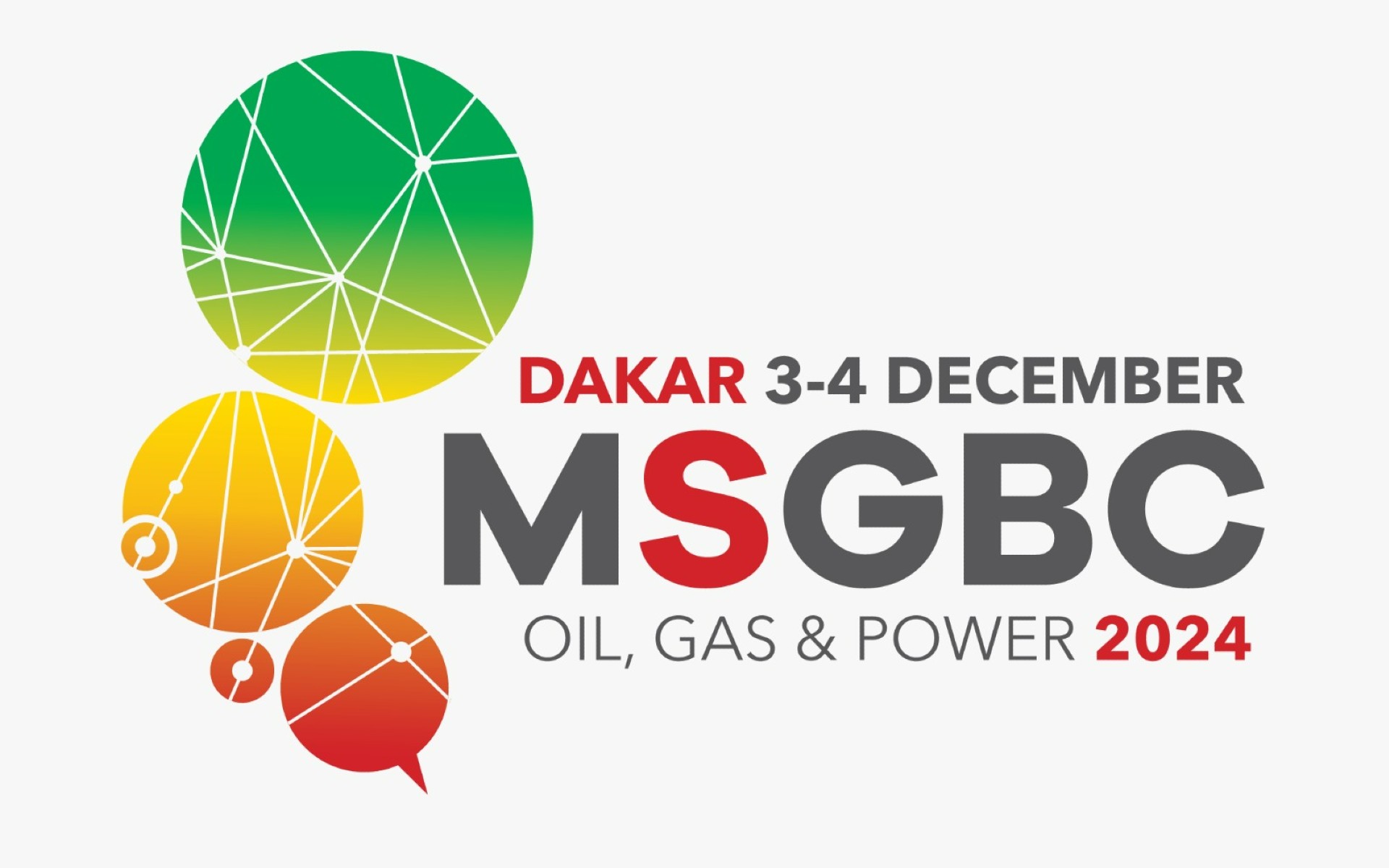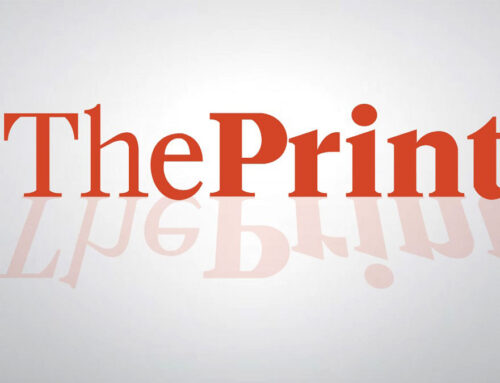Policies Driving the Energy Transition in the MSGBC Region
October 1, 2024

West Africa possesses renewable energy potential of 2,000 GW, yet it has one of the lowest electrification rates, with 220 million people lacking access to electricity. The energy transition could accelerate renewable project development, particularly in the MSGBC region, where governments have implemented attractive policies to promote this shift.
Mauritania – Green Hydrogen Code
The Mauritanian National Assembly approved a green hydrogen code in September 2024. The law establishes a legal framework for green hydrogen projects, positioning them as key drivers of the national economy while facilitating a sustainable energy transition. In 2020, the country adopted a national strategy to increase renewable energy’s share in its energy mix to 60% by 2030. Significant projects, such as TotalEnergies and Chariot’s 10 GW Project Nour and CWP Global’s 35 GW Aman project, support this initiative.
Senegal – National Fund for the Promotion of Green Economy
Senegal’s Environment and Ecological Transition Minister, Daouda Ngom, announced in June 2024 the creation of a National Fund for the Promotion of Green Economy to foster green investments in high-carbon sectors. This fund will target agriculture, waste management, and biodiversity initiatives to mitigate environmental impacts. It aims to establish a regulatory framework that enhances local authorities’ responsibilities and facilitates the installation of modern waste treatment infrastructure. Additionally, the fund will prioritize financing energy efficiency projects on a large scale, promoting sustainable practices across these critical sectors.
The Gambia – Renewable Energy Fund
The Renewable Energy Law enacted in 2013 by The Gambia created the Renewable Energy Fund to promote the sustainable management of renewable energy sources. It supports initiatives such as financial incentives for grid and off-grid systems, community projects, and infrastructure development, including the 23 MW Jambur solar plant inaugurated in March 2024. Key tax incentives include exemptions from import tax and duty on renewable energy equipment, a 15-year corporate tax exemption for registered projects, and sales tax exemptions on carbon emission credit proceeds.
Guinea-Bissau – PANER
The National Action Plan for Renewable Energy (PANER) in Guinea-Bissau (2015-2030) aims to enhance the country’s energy access and promote sustainable development through increased use of renewable energy sources, such as solar, wind and biomass. The main incentives consist of exemptions from import duties on renewable energy equipment and tax credits for investments in renewable energy infrastructure. Additionally, the plan encourages project financing through public-private partnerships.
Guinea-Conakry – Environmental Code
The 2019 Environmental Code in Guinea provides a legal framework that supports the energy transition within the mining industry by emphasizing sustainable practices. It establishes principles for environmental protection, requiring mining operators to conduct environmental impact assessments before project approval. The Code also mandates the treatment of waste produced by mining activities, including industrial effluents, to minimize pollution.
Explore opportunities, foster partnerships and stay at the forefront of the MSGBC region’s oil, gas and power sector. Visit www.msgbcoilgasandpower.com to secure your participation at the MSGBC Oil, Gas & Power 2024 conference. To sponsor or participate as a delegate, please contact sales@energycapitalpower.com.
Search
RECENT PRESS RELEASES
Related Post


